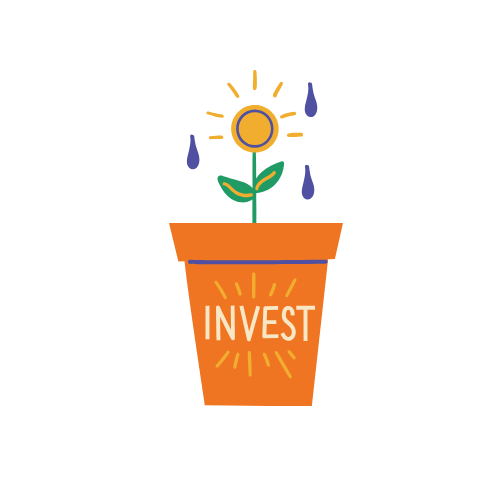💰 Ages 13–17: Future Investors
Investing Basics — Stocks, ETFs & Crypto Explained
Welcome to the world of investing!
If you're aged 13–17, now is the perfect time to start learning how money can grow — not just by saving, but by investing.
You don’t need to be a stock market expert or a maths genius to get started.
This page will break down the investing basics — from stocks to ETFs and even the buzz around crypto — in a way that makes sense and keeps it real.
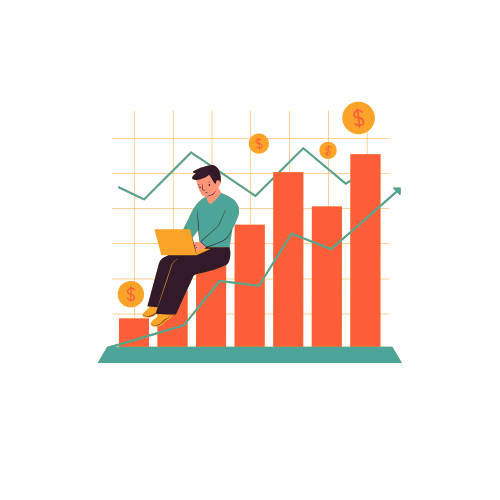
💡 What Is Investing?
Investing is when you use your money to buy something (like shares or digital assets) with the goal of making more money in the future. It's different from saving, where your money sits in a bank account.
Investing gives your money the chance to grow — but it can also go down, so it’s important to learn how it works before jumping in.
🏛️ What Are Stocks?
You’ve probably heard about the “stock market” or companies like Apple, Woolworths, or Qantas being listed on the ASX (Australian Securities Exchange).
But what does that actually mean?
- Stocks (also called shares) represent ownership in a company.
- If you buy one share of a company, you own a small piece of it.
- If the company does well, the value of your share may go up.
- You might also earn dividends — small payments companies give to shareholders from their profits.
Example:
Let’s say you buy 1 share in an Aussie company like Domino’s Pizza Enterprises. If Domino’s profits grow, the value of your share might increase. If they pay dividends, you could earn money just by holding your share.
🧠
Smart Tip: Most companies on the ASX are real businesses you know — banks, supermarkets, gaming companies, and tech firms!
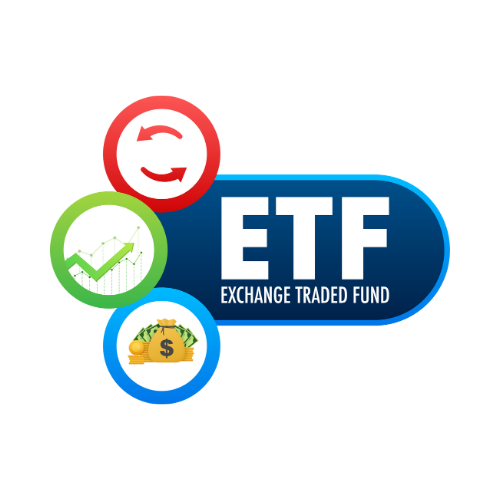
📦 What Are ETFs (Exchange Traded Funds)?
ETFs might sound complicated, but think of them like a basket of investments.
- An ETF is a fund that holds many different investments like stocks, bonds, or commodities.
- When you buy one ETF unit, you’re investing in all the companies inside the basket.
- It’s a way to spread your risk — instead of picking one company, you invest in lots of them at once.
Example:
The ASX200 ETF includes the top 200 companies listed on the Australian stock market. That means with just one investment, you’re backing companies like BHP, Commonwealth Bank, and Wesfarmers.
🧠 Smart Tip: ETFs are popular for beginner investors because they’re diversified, lower risk, and often come with lower fees than investing in individual companies.
🧬 What Is Cryptocurrency (Crypto)?
You've probably heard of Bitcoin or Ethereum.
These are types of cryptocurrencies — digital money that exists only online.
- Cryptocurrencies are decentralised, meaning they’re not controlled by a government or central bank.
- People invest in crypto because they believe its value will rise over time — like buying digital assets.
- However, crypto prices can be very volatile — going up and down quickly — which makes it riskier than stocks or ETFs.
Example:
In 2020, 1 Bitcoin was worth around AUD $13,000. In 2021, it jumped above $80,000 — and then dropped again. That’s why crypto is exciting, but also risky.
🧠
Smart Tip:
Many financial experts suggest learning about crypto before investing and treating it as a small part of an overall investment plan — especially as a teenager.
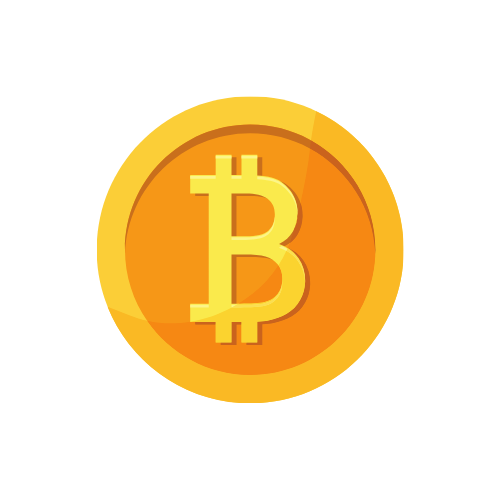
🧭 Key Terms to Know
| Term | Meaning |
|---|---|
| Portfolio | All your investments combined (stocks, ETFs, etc.). |
| Risk | The chance your investment could lose value. |
| Return | The money you earn from an investment. |
| Diversification | Spreading your money across different investments to reduce risk. |
| Compound Growth | When your investment earns money � and then that money earns more money over time. |
🧠 Is It Legal to Invest as a Teenager in Australia?
Yes — but with some help!
- If you're under 18, you’ll need a parent or guardian to open a minor account with an online broker.
- You can still choose your investments, track your progress, and learn the ropes.
- Some platforms also offer practice or “demo” accounts where you can test your investing skills without using real money.
🎯 Why Start Learning Now?
Investing while you're young gives you one huge advantage: time.
Thanks to compound interest and growth, even small investments can grow into big savings over time.
The earlier you start learning, the more confident you’ll be when it’s time to invest for real.
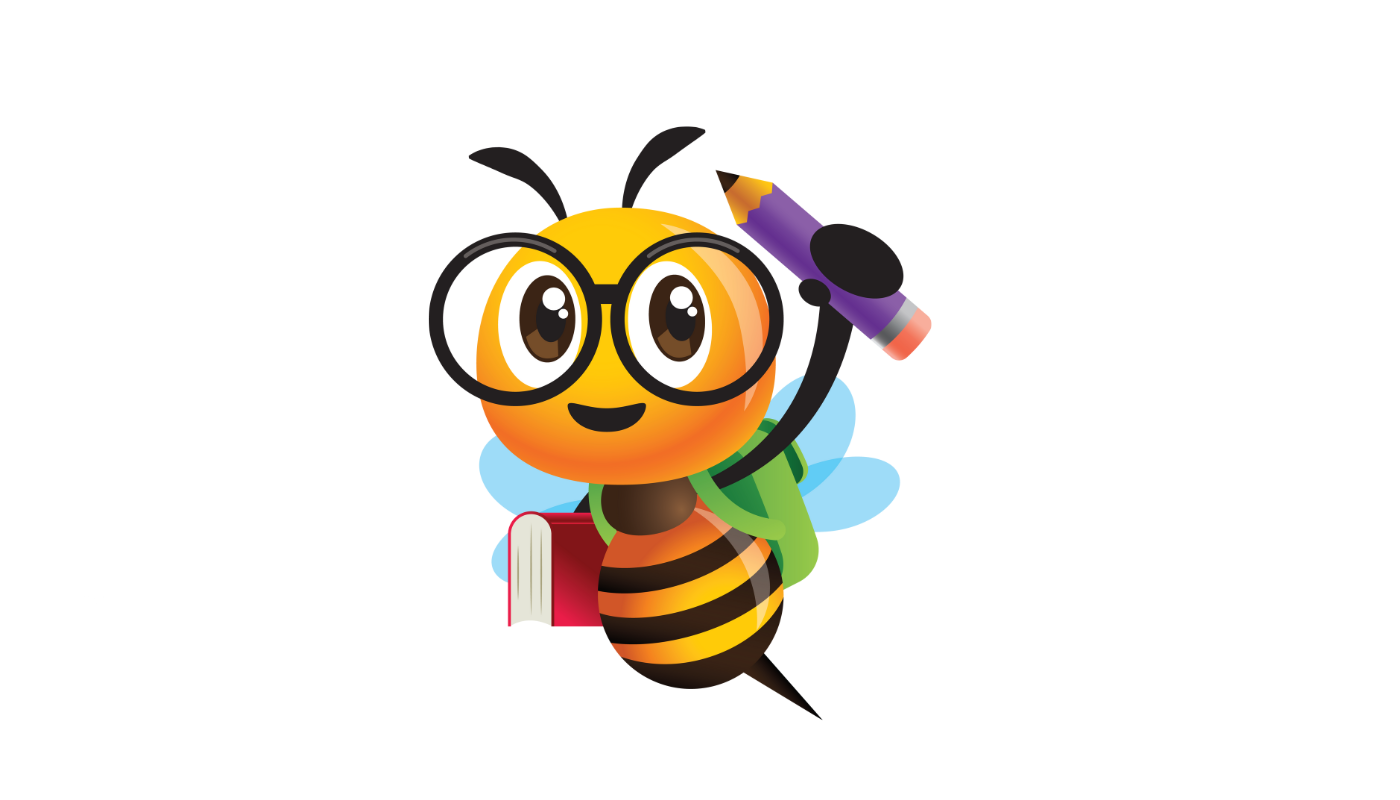
✅ Quick Recap:
- Stocks = Own a piece of a company.
- ETFs = Own a bunch of companies in one go.
- Crypto = Digital currency — exciting but risky.
- You can invest as a teen (with adult help).
- Start learning now to grow your future wealth.
🧭 Final Thought:
Becoming a Future Investor starts with learning the basics.
Don’t worry if you don’t understand everything right away. Like anything else, investing takes time, curiosity, and practice.
But once you start, you’re on the path to making
smarter
money choices for life.
